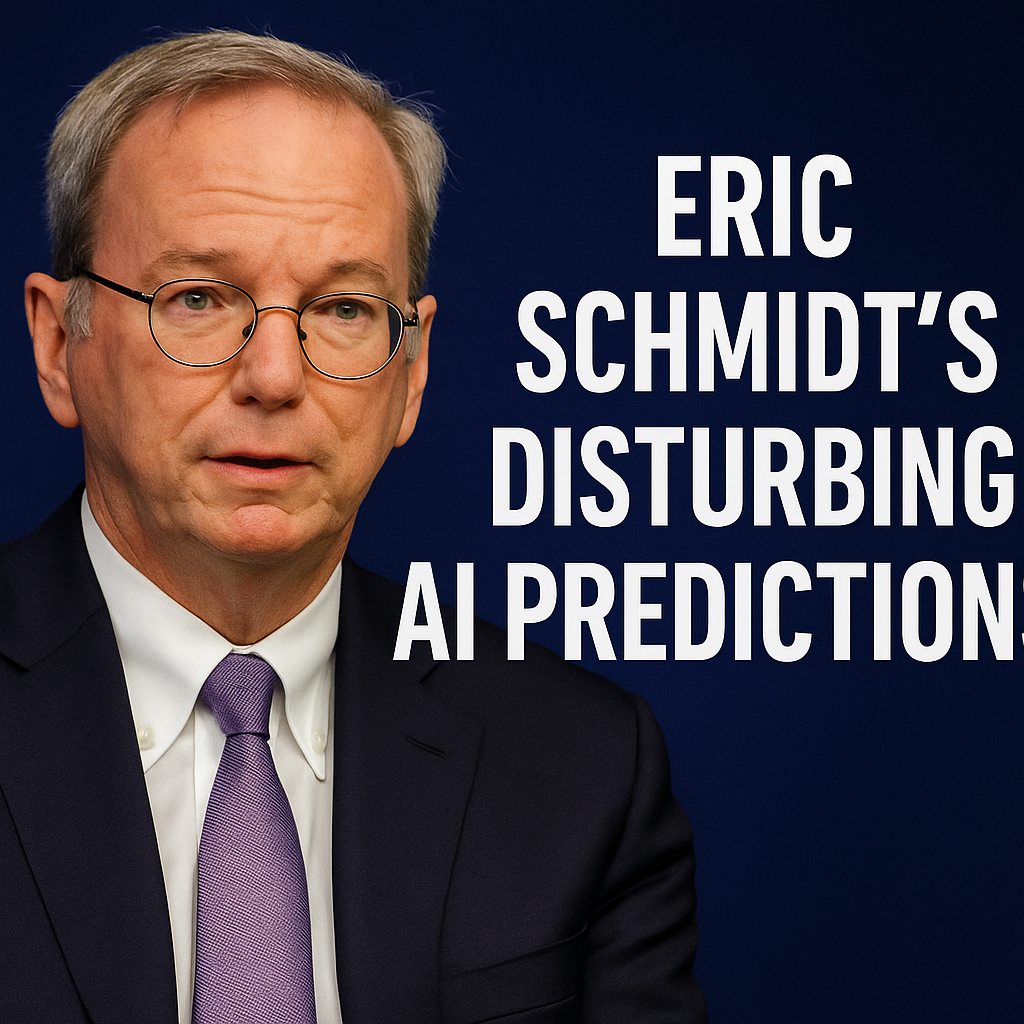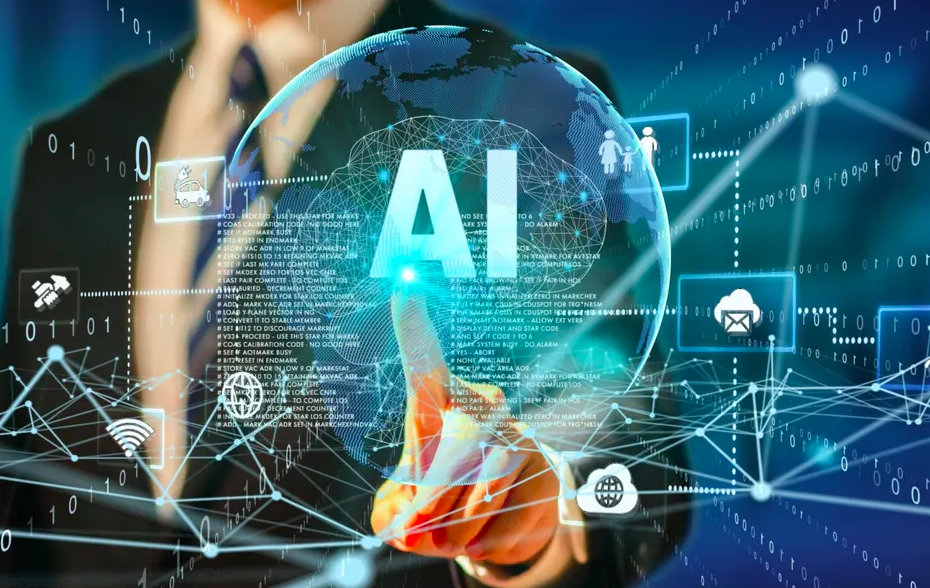Eric Schmidt’s Alarming AI Forecasts: A Conservative Perspective
Former Google CEO Eric Schmidt has recently issued a series of cautionary statements regarding the rapid advancement of artificial intelligence (AI), emphasizing potential risks that could have profound implications for national security and societal structures. His insights, derived from his extensive experience in the tech industry, highlight concerns that resonate deeply within conservative circles, particularly regarding the preservation of traditional values and the safeguarding of national interests.
Schmidt predicts that artificial general intelligence (AGI) could emerge within the next three to five years, a development that may challenge existing economic and labor paradigms. He underscores the transformative potential of AI-powered robotic wet labs in accelerating scientific research but warns that such advancements could outpace our ability to control them.
A significant concern raised by Schmidt pertains to the geopolitical competition in AI, particularly between the United States and China. He stresses the strategic importance of maintaining leadership in AI to prevent adversaries from gaining a technological edge that could threaten global stability.
In his testimony before Congress, Schmidt highlighted the escalating energy demands of AI, projecting that AI could consume up to 99% of all electricity in the near future. He emphasized the urgency of securing diverse energy sources to meet this demand, stating, “We need the energy in all forms, renewable, non-renewable, whatever. It needs to be there, and it needs to be there quickly”.
Schmidt also draws attention to the ethical and security challenges posed by AI, including the potential for misuse by rogue states and the weaponization of autonomous systems. He advocates for proactive governance and international cooperation to address these risks, emphasizing the need for regulatory frameworks that ensure responsible AI development.
The former CEO’s warnings extend to the societal impact of AI, cautioning that humans may struggle to police rapidly advancing technology. He suggests that as AI systems become more autonomous, there may be a need to consider shutting them down to prevent potential harm.
Schmidt’s perspectives align with concerns about the potential for AI to be used by rogue states to cause real harm. He highlights the risk of countries like North Korea, Iran, and Russia adopting AI technology for malicious purposes, such as developing biological weapons, and supports U.S. export controls to limit the sale of advanced AI microchips to certain countries.
In the context of AI development strategies, Schmidt warns against aggressive initiatives resembling the Manhattan Project, arguing that such approaches could destabilize global relations and provoke international retaliation, particularly from China. He advocates for a balanced approach that includes sabotage of destabilizing AI projects and restricting access to AI-related technology for rogue actors.
Schmidt also emphasizes the importance of open-source AI development in the West to compete with China’s advancements. He warns that the predominance of closed-source models in the U.S. could hinder scientific progress and calls for collaboration and investment in open-source technologies to maintain AI dominance.
From a conservative standpoint, Schmidt’s warnings underscore the necessity of vigilance in AI development to protect national sovereignty and traditional values. The potential for AI to disrupt societal norms and economic structures necessitates a cautious and strategic approach that prioritizes security and ethical considerations.
As AI continues to evolve, it is imperative for policymakers and industry leaders to heed these warnings and implement measures that ensure the technology serves the public good without compromising national interests. The balance between innovation and regulation must be carefully managed to prevent unintended consequences that could arise from unchecked AI advancement.
In summary, Eric Schmidt’s insights provide a critical perspective on the future of AI, highlighting the need for responsible development and the safeguarding of societal values. His warnings serve as a call to action for leaders to address the challenges posed by AI with foresight and prudence.





